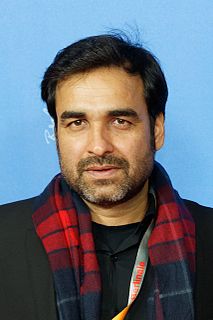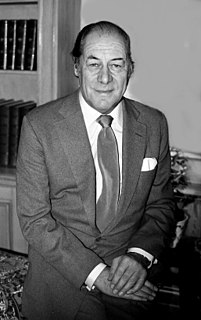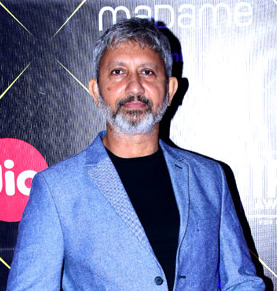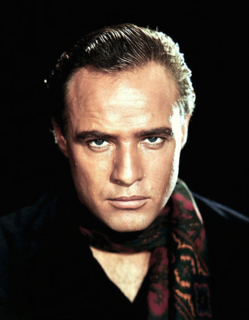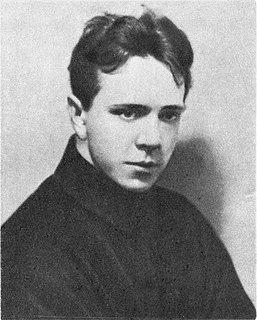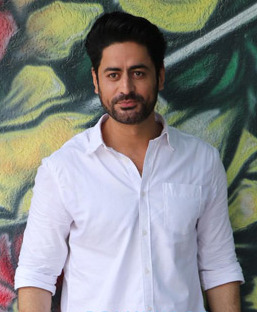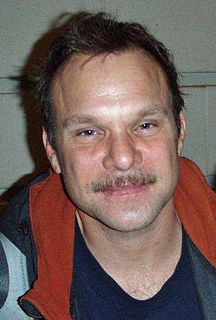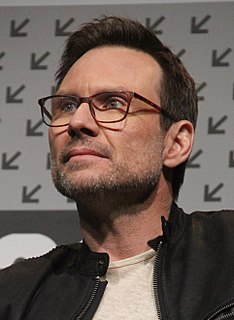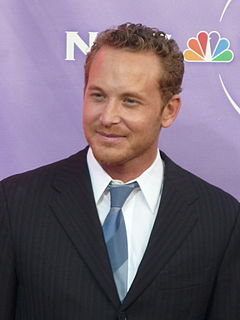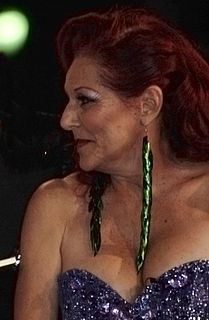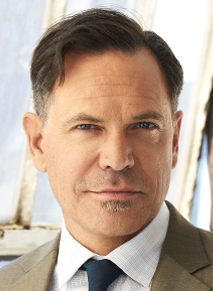A Quote by Coco Martin
I've learned that, as an actor, I have a responsibility to my audience.
Quote Topics
Related Quotes
Acting is bad acting if the actor himself gets emotional in the act of making the audience cry. The object is to make the audience cry, but not cry yourself. The emotion has to be inside the actor, not outside. If you stand there weeping and wailing, all your emotions will go down your shirt and nothing will go out to your audience. Audience control is really about the actor
There is an actor's responsibility in presenting the emotional content of the lyrics to an audience. But whether you do that in a straightforward fashion or an ironic fashion or a blase fashion is all about opportunities, and singers are missing opportunities as artists if they don't pay attention to the lyric.

